MRTL - Courses
Below is a partial list of existing courses related to metrology:
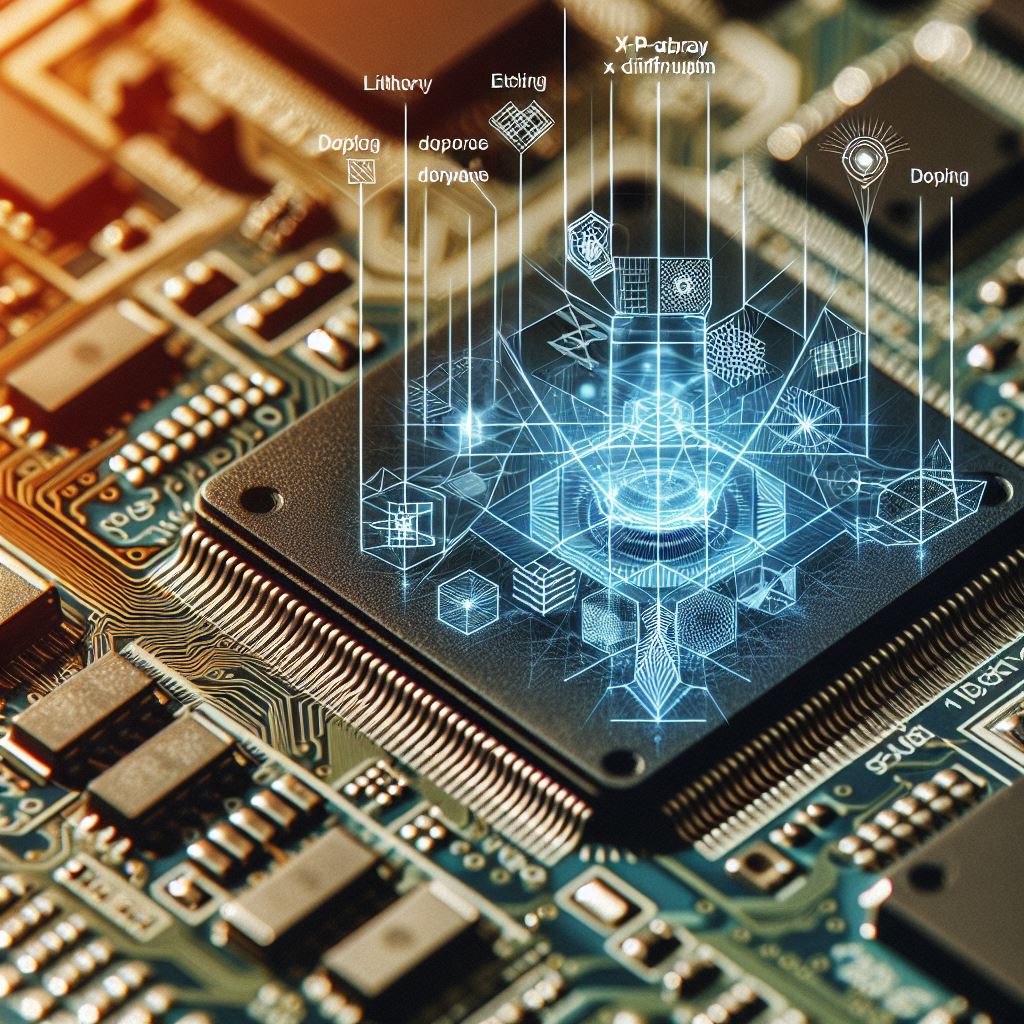
EE 499 - 001
Contemporary Developments: Microelectronics Metrology
This course focuses on building students' skills in microelectronics metrology, including measurement methods, industrial applications, fundamentals of traditional measurement system characterization and calibration, semiconductor-specific applications, optical metrology measurement techniques, charged particle measurement techniques, x-ray and in situ metrology, hybrid metrology, and mask making.
 Dr.Andy Wang
Dr.Andy Wang
STUDENT LEARNING OBJECTIVES:
- Define fundamental measurement concepts such as accuracy, precision, bias error, and random error; calculate static sensitivity and calibrate a measurement system.
- Understand the terms, methods, and units of metrology for microelectronic industry.
- Identify common characteristics of various types of metrology tools and their applications.
- Demonstrate the ability to perform measurements and record both the details of the measurement procedure and the data in an appropriate manner.

EE 599 - 001
Device Physics and Characterization
This course provides an overview of the fundamental physics governing the electrical, optical, and thermal properties of semiconductor devices. Topics covered include energy band structure, carrier transport phenomena, optical processes, and heat transfer in semiconductor materials.
This course is intended for graduate students in electrical engineering, materials science, and physics programs. Prerequisites include courses in semiconductor physics and electrical measurements at the undergraduate level.
 Dr. Carlo daCunha
Dr. Carlo daCunha
STUDENT LEARNING OBJECTIVES:
- To characterize electrical and optical properties of semiconductor devices using I-V, C-V, DLTS, PL, absorbance/reflectance, and thermal conductivity measurements.
- Analysis of measurement data to extract physical device parameters will be emphasized.
- An in-depth understanding of how device characteristics are linked to the underlying material properties.
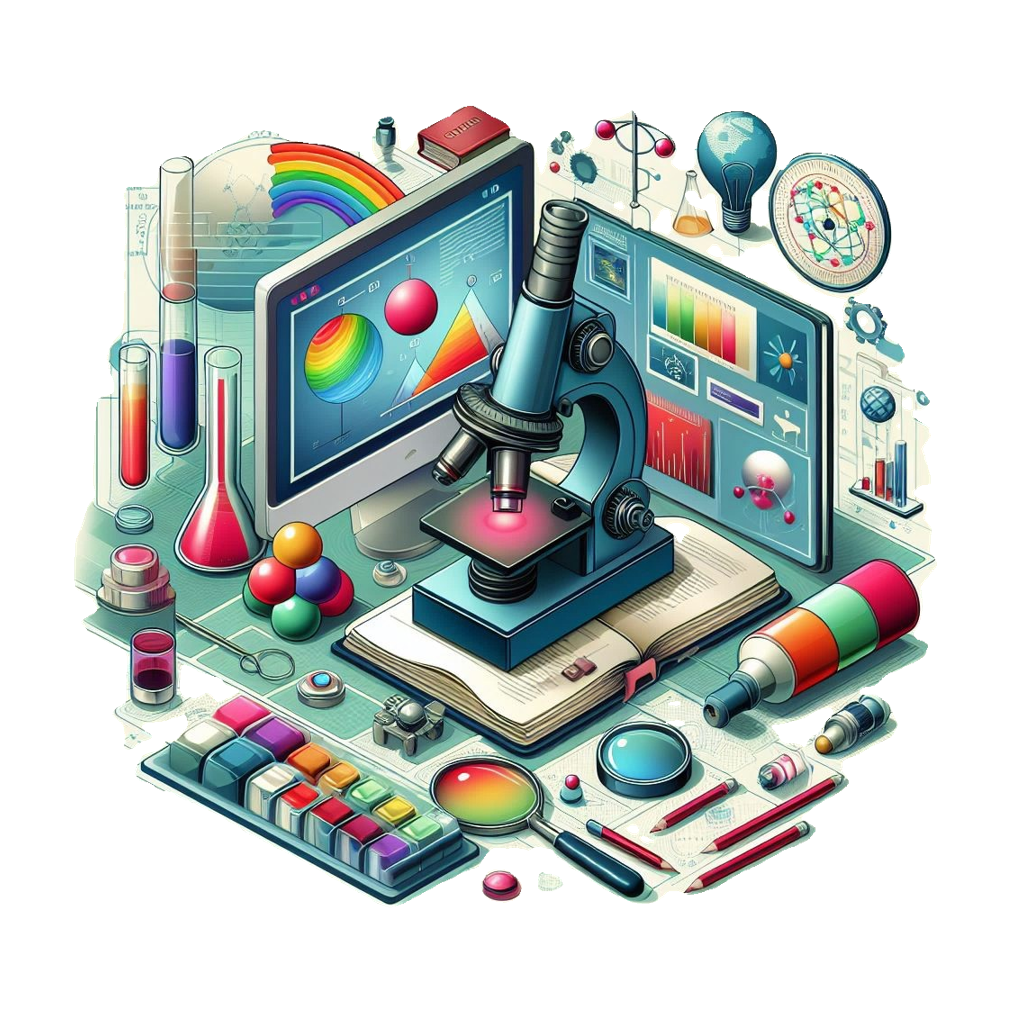
PHY 530
Spectroscopy
This graduate-level course provides an in-depth overview of spectroscopic techniques used to probe the electronic, vibrational, rotational, and magnetic structure of atoms, molecules, and solids. Theoretical foundations of atomic and molecular spectroscopy are developed, including treatment of absorption, emission, scattering of electromagnetic radiation. Topics covered include electronic spectroscopy, rotational and vibrational spectroscopy, Raman spectroscopy, nuclear magnetic resonance (NMR) spectroscopy, and electron spin resonance (ESR) spectroscopy.
Prerequisites: Quantum mechanics, electricity and magnetism.
 Dr. Miguel Yacaman
Dr. Miguel Yacaman
STUDENT LEARNING OBJECTIVES:
- Emphasis is placed on using basic quantum mechanical models and symmetry considerations to derive spectroscopic selection rules.
- Students will learn modern experimental techniques and apply theory through data analysis and interpretation of spectroscopic measurements.
- By the end of the course, students will have a broad understanding of modern spectroscopic methods used for characterization of physical, chemical, and biological systems across chemistry, physics, and engineering disciplines.
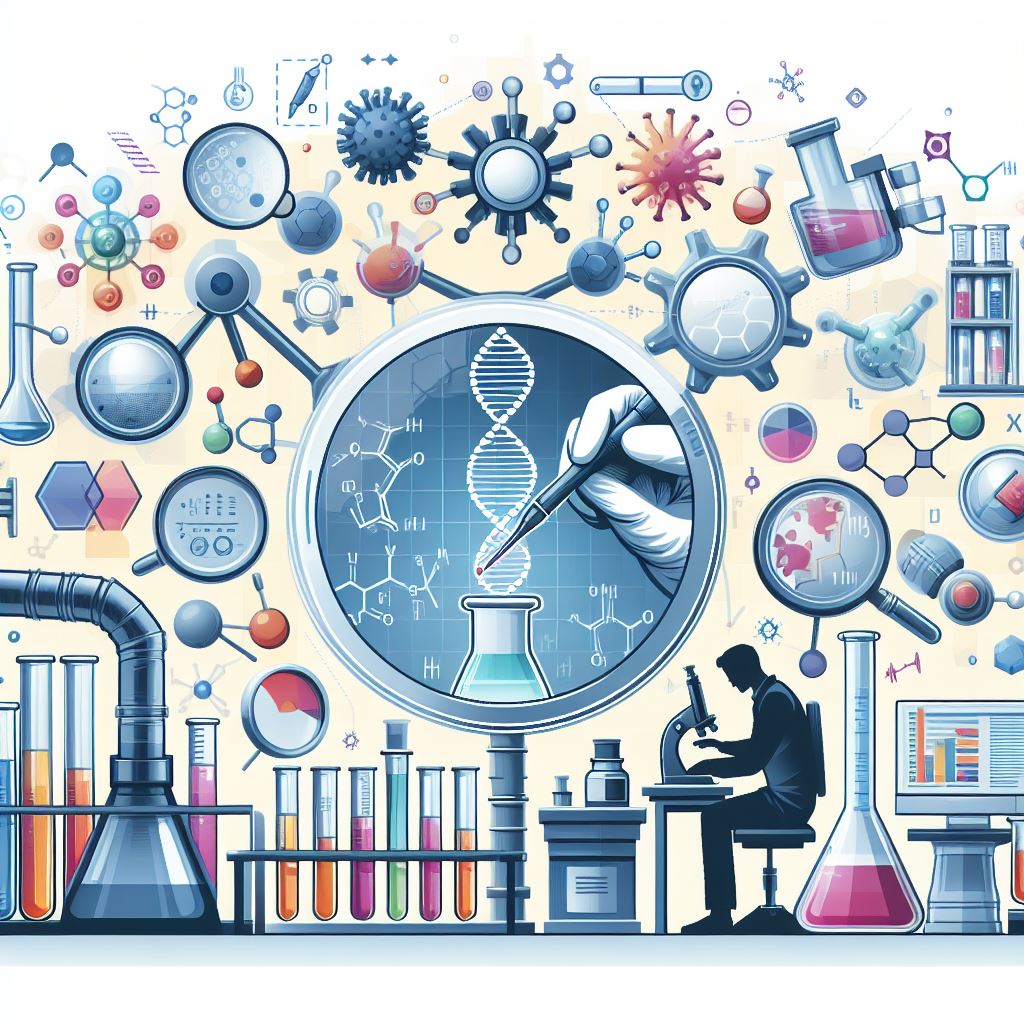
CHM 320 - 001
Analytical Chemistry
This course covers the principles, techniques, and instruments used in quantitative chemical analysis. Topics include statistical data analysis, gravimetry, titrimetry, spectroscopy, chromatography, mass spectrometry, electroanalytical chemistry, and thermal analysis.
Prerequisites: CHM 114, CHM 115. Lab component.
 TBD
TBD
STUDENT LEARNING OBJECTIVES:
- Hands-on experience with a variety of analytical instrumentation and develop skills in analytical method development, validation, and troubleshooting.
- Understanding instrument components, operating principles, applications, and limitations.
- By the end of the course, students will be proficient in selecting appropriate analytical techniques, performing analyses, critically evaluating data quality, and interpreting results.
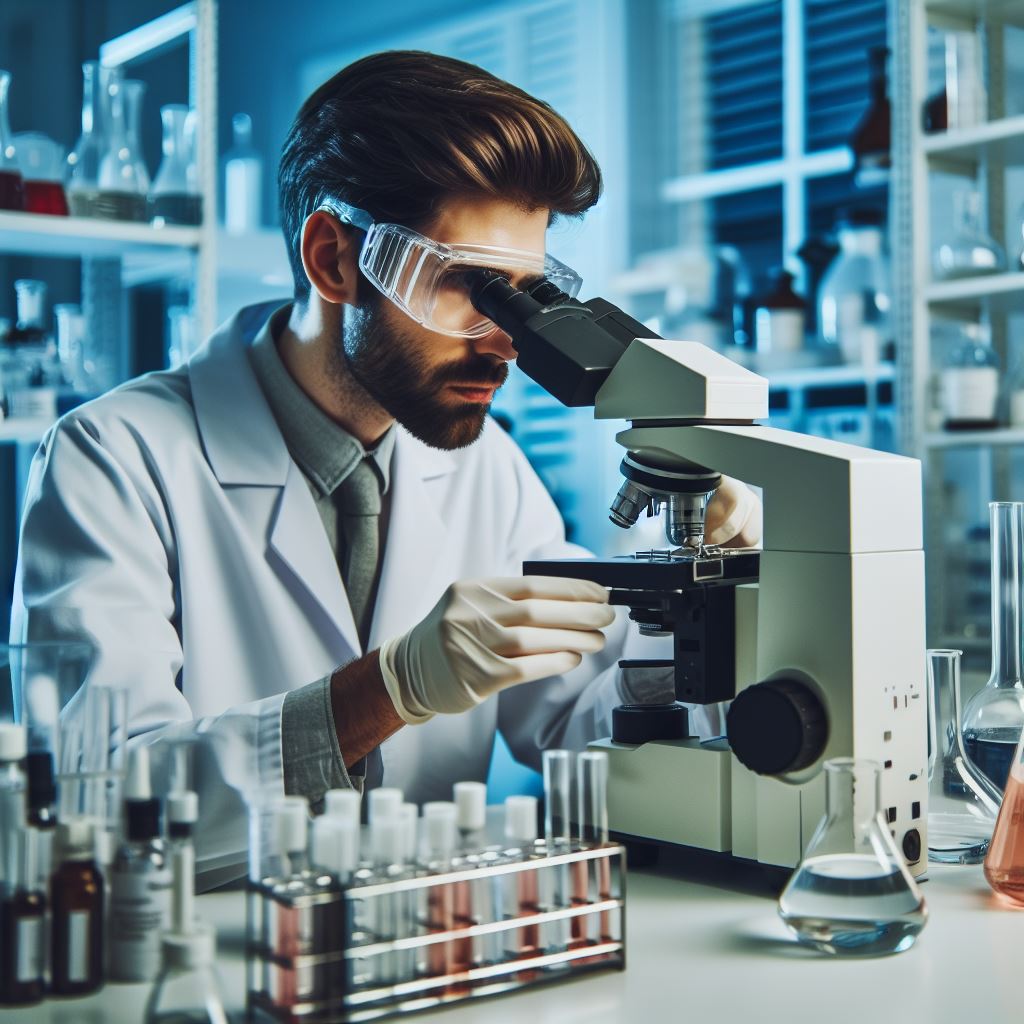
CHM 425/L
Instrumental Analysis
This advanced undergraduate analytical chemistry course focuses on the theory and application of modern instrumental methods of chemical analysis. Topics covered include atomic and molecular spectroscopy, mass spectrometry, electroanalytical techniques, chromatography, thermal methods, and surface analysis(this course already provides hands on interaction with advanced instrumentation, and it is modular so could be adapted to include metrology tools—especially SIMS).
Prerequisites: CHM 310, CHM 315.
 TBD
TBD
STUDENT LEARNING OBJECTIVES:
- An in-depth understanding of instrument components, operating principles, quantitative applications, and limitations.
- The laboratory component provides hands-on experience with FT-IR, UV-Vis, AA, GC-MS, HPLC, and other state-of-the-art analytical instrumentation.
- Emphasis is placed on method development, validation, and troubleshooting.
- By the end of the course, students will have the practical skills and theoretical knowledge to independently select appropriate instrumental techniques, perform quantitative chemical analyses, interpret data, and evaluate the quality of their results.
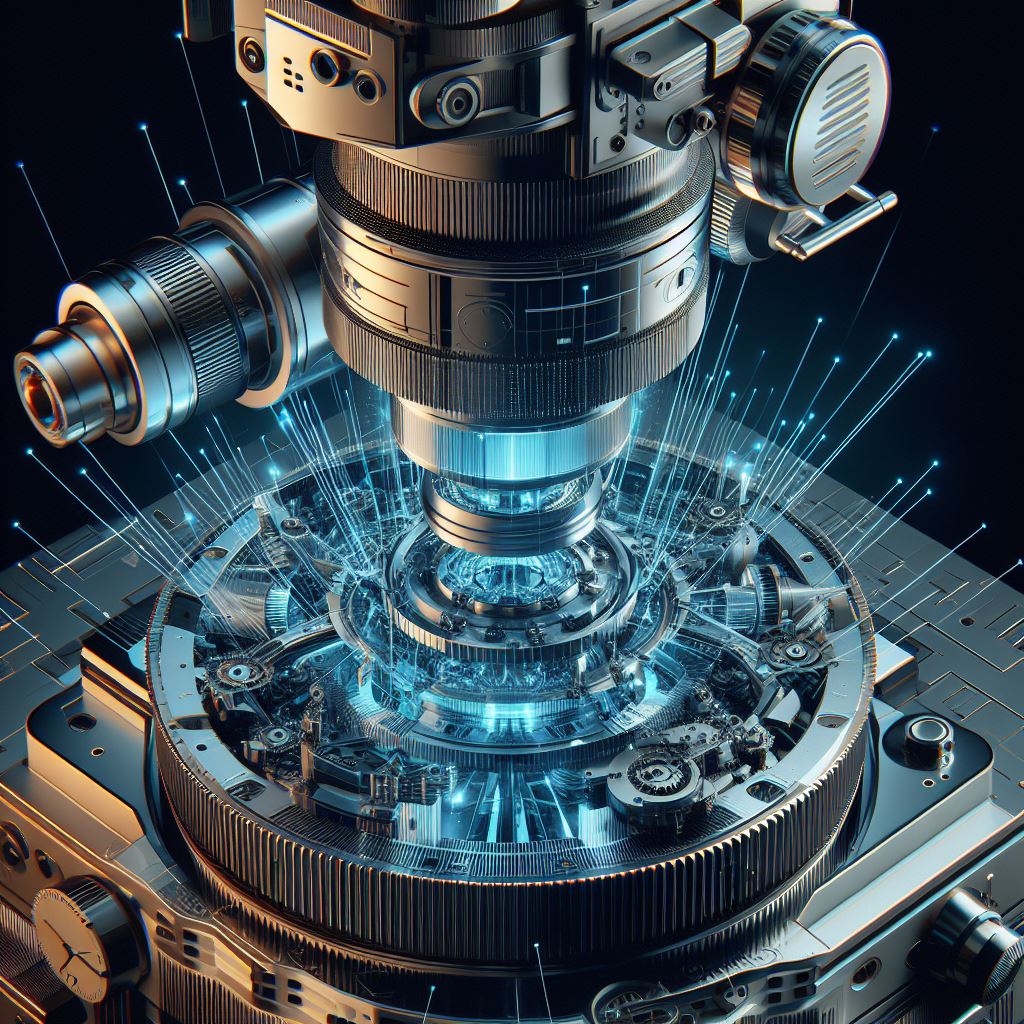
BIO 680
Fundamentals of Electron Microscopy
This course provides a comprehensive overview of theoretical and practical aspects of electron microscopy for the life sciences. Topics include basic principles of electron optics, image formation, modes of operation, sample preparation methods, and applications of scanning electron microscopy (SEM) and transmission electron microscopy (TEM). Students will gain hands-on experience with SEM, TEM, and sample preparation equipment through laboratory components.
Prior coursework in physics, chemistry, and biology is recommended.
 TBD
TBD
STUDENT LEARNING OBJECTIVES:
- Emphasis is placed on cryogenic sample preparation, immunogold labeling, negative staining, and ultramicrotomy.
- Advanced techniques such as cyro-EM, EFTEM, EELS, and ESDI are also introduced.
- By the end of the course, students will be proficient in general electron microscopy sample prep, imaging, basic image processing, and interpretation.
- This course provides essential foundation for those intending to apply electron microscopy characterization methods in biological research and related fields.
A co-listed CHM/APMS/PHY 499 will be built around metrology tools and their use,enabling student access to the proposed instruments in an academic laboratory setting.